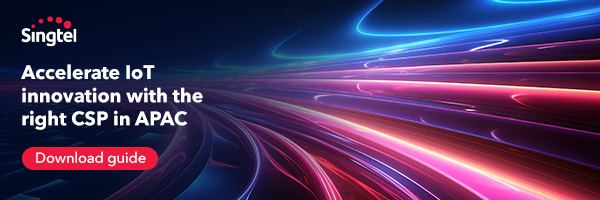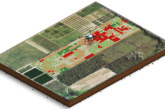
Berg Insight just released new findings about the market for heavy electric commercial vehicle charging infrastructure in Europe and North America.
The total number of connected charging points in Europe is forecasted to grow at a compound annual growth rate (CAGR) of 67 percent from 6,400 in 2022 to 390,000 by the end of 2030.
In North America, Berg Insight estimates that the total number of connected charging points will increase from 4,150 in 2022 to reach 378,000 by 2030, growing at a CAGR of 76 percent.
These numbers include both public and non-public charging points. Mega-challenges such as vehicle emissions and climate change continue to encourage investments in electric commercial vehicles and charging infrastructure, contributing to a positive outlook for the market.
The commercial vehicle charging market is served by a variety of players such as electric commercial vehicle OEMs, charge point operators (CPOs), charging equipment manufacturers and software providers. The market is still in its very early stages in both Europe and North America. However, several notable CPOs have initiated projects and pilot charging stations. Circle K, BP Pulse and Milence are among the companies that have opened charging stations or announced plans for heavy commercial vehicle charging infrastructure in Europe. In North America, ChargePoint, Forum Mobility, Greenlane and TeraWatt Infrastructure are making efforts in developing charging networks for heavy-duty electric commercial vehicles.

In North America, there are a number of regional as well as international companies marketing DC chargers for commercial vehicles. “ChargePoint is a leading player on the market and is a full-service provider offering hardware, software and CPO services”, said Niclas Palmstromer, IoT Analyst at Berg Insight.
Other major hardware providers serving the region include ABB, Blink Charging, BorgWarner, BTC Power (E.ON), Demand Detroit, Delta Electronics, Kempower and Siemens. In Europe, the market for DC charging solutions is more fragmented than in North America. Prominent actors include ABB, ADS-TEC Energy, Alpitronic, Ekoenergetyka, EVBox, Heliox, Kempower and Siemens.
There are several software specific providers in both regions, offering connectivity solutions for charging. Solutions include fleet management tools, peak shaving and smart charging management. Examples of software specific actors include Ampeco, Driivz, Virta and Noodoe.
Love Meuller, IoT Analyst at Berg Insight, said:
“Connectivity will be crucial for managing the charging process effectively and a vital part of the charging infrastructure for both non-public and public charging.”
This capability enables businesses and charging station operators to have real-time insights into the charging status, availability and performance of charging points. Connected charging points can be closely monitored and controlled, utilizing surplus energy or charging during periods of low energy prices. Software-enabled connectivity also allows for the implementation of advanced load management techniques, optimizing charging processes through algorithms and data analysis.
“This can ensure a controlled power draw, preventing grid overloading and enhancing operational efficiency by reducing charging time for individual vehicles”, added Mr. Mueller.
Moreover, connectivity enables drivers to locate chargers, monitor charging availability, book chargers and manage payments through smartphone apps. Furthermore, the integration of smart grid technologies and demand response strategies presents additional benefits.
“By aligning charging patterns with renewable energy generation, sustainable charging practices can be promoted, reducing dependence on non-renewable energy sources”, concluded Mr. Mueller.
Demand response strategies enable charging to be dynamically adjusted based on grid conditions, which reduces peak demand and further enhances grid stability and energy efficiency.







